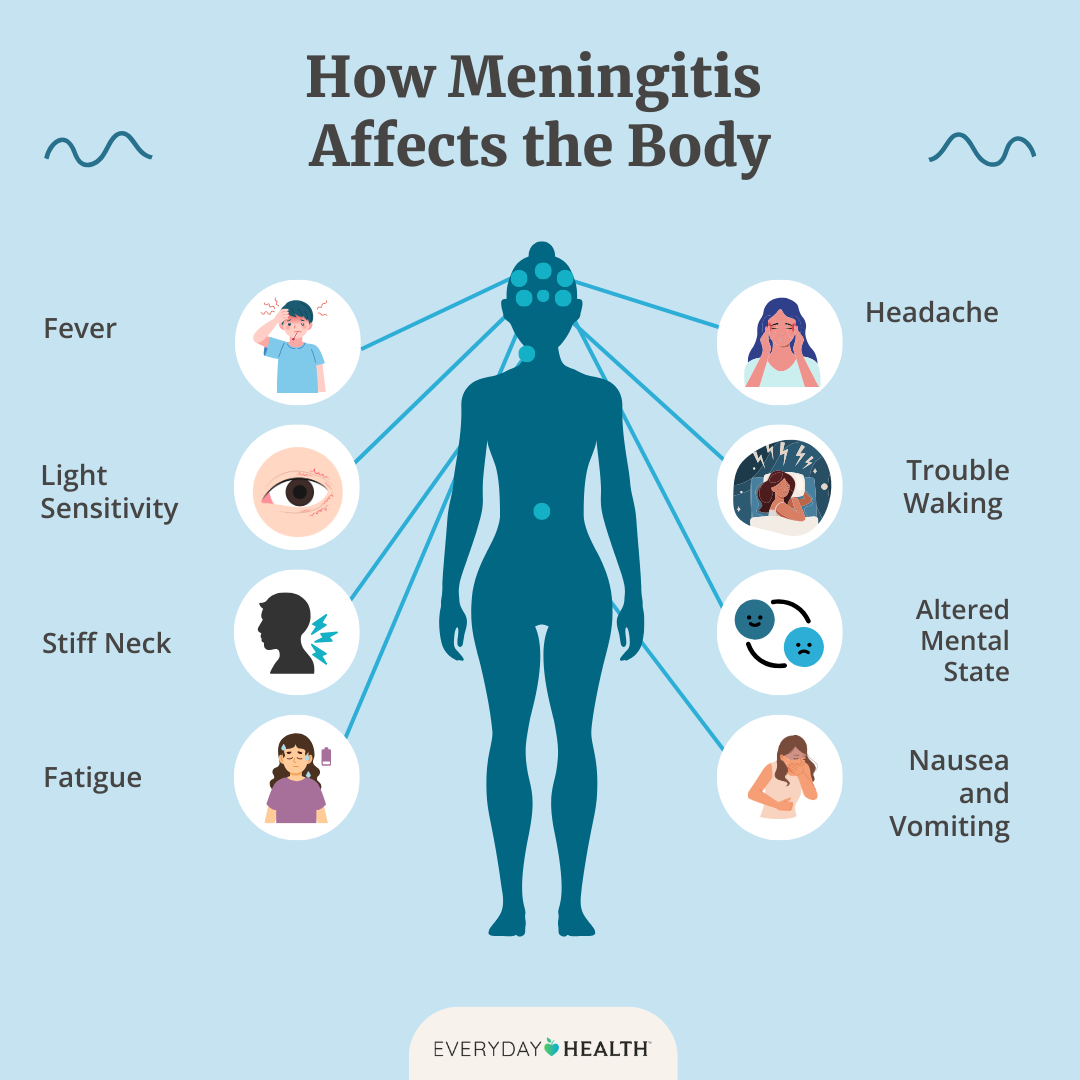
Outbreak of cerebrospinal meningitis in Kebbi has so far, killed no fewer than 56 persons in three Local Government Areas of the state, according to an official.
The Commissioner for Health, Alhaji Yunusa Musa-Ismaila, represented by Permanent Secretary of the Ministry, Dr Shehu Nuhu-Koko, confirmed this during a press briefing in Birnin Kebbi on Wednesday.
The News Agency of Nigeria (NAN) reports that the briefing was attended by representatives of development partners like; World Health Organisation (WHO), United Nations Children’s Fund (UNICEF) and Medicins Sans Frontieres (MSF).
The commissioner said: “The Public Health Department started receiving reports of people reporting with symptoms of fever, severe headache, neck stiffness and associated vomiting and dizziness which in some of the cases resulted in deaths.
“Following the receipt of these reports active surveillance commenced with samples taken and sent to the National Reference Laboratory in Abuja to confirm the suspected outbreak of the disease.
“At the same time case management of those cases commenced at the General Hospitals in the Aliero, Jega and Gwandu affected LGAs.”
According to him, a total of 653 suspected cases are recorded to date; 17 samples so far have been sent to National Reference Laboratory in Abuja for confirmation.
He explained that five samples result returned negative from NRL Abuja, while five samples were positive, adding that of the sample results, Aliero LGA accounted for three, Gwandu LGA one, while Jega LGA also accounted for one.
“All the five positive cases of the patients were treated and discharged alive and seven samples result are pending from NRL Abuja, while 56 deaths (Gwandu 25, Jega 16, Aliero 14), have been recorded,” he explained.
Musa-Ismail, also revealed that 3,000 doses of CSM vaccines were received from the Federal Ministry of Health and Social Welfare and distributed across the three LGAs in communities with high burden of the reported cases.
“Aliero LGA 1,550 people have been vaccinated including the Kebbi State University of Science and Technology community in Aliero; Gwandu LGA 798 people have been vaccinated, and Jega LGA 450 people have been vaccinated.
“As soon as additional vaccines arrive, the vaccination will continue state wide,” he said.
Musa-Ismail said that an advocacy visit to stakeholders was carried out across the state, in partnership with WHO, MSF, and UNICEF.
He added that the state government had released N30 million to purchase drugs and other consumables for the response activities to cushion the effect.
The commissioner also said that drugs had been distributed and other commodities to affected local government areas.
Musa-Ismail added that isolation centres were set up in Gwandu, Jega and Aliero, while, drugs and other consumables were also provided.
He, then, called on the general public to comply with health instructions and report any suspected case to the nearest health facility for necessary action.
Meningitis is an inflammation of the area surrounding your brain and spinal cord (meninges). It’s sometimes called spinal meningitis. Your meninges protect your brain and spinal cord from injury and provide support and structure. They contain nerves, blood vessels and protective fluid (cerebrospinal fluid).
—FAQ About Meningitis—-
· What comes first with meningitis?
The first symptoms are usually fever, vomiting, headache and feeling unwell. Limb pain, pale skin, and cold hands and feet often appear earlier than the rash, neck stiffness, dislike of bright lights and confusion.
· How to catch meningitis?
The viruses and bacteria that cause meningitis can be spread through sneezing, coughing and kissing.
· What part of your neck hurts with meningitis?
This is caused by swelling located in the back of your neck, behind your skull, that you may be able to feel. Neck pain from meningitis can be accompanied by a feeling of tenderness or soreness in the affected area. It may also come with a throbbing or persistent headache.
· How is meningitis spread?
People spread meningococcal bacteria to others by sharing respiratory and throat secretions (saliva or spit). Generally, it takes close or lengthy contact to spread the bacteria.
· Who is at risk for meningitis?
Meningococcal bacteria can live harmlessly in the back of the nose and throat of people of all ages, but teenagers and young adults are much more likely to harbour these bacteria than other age groups. This increases their risk of disease.
· How can we prevent meningitis?
Prevention of meningococcal cases and outbreaks, through vaccination, is the best control strategy. Licensed vaccines against meningococcal disease have been available for more than 50 years. Vaccines are serogroup specific and the protection they confer is of varying duration, dependent on which type is used.
· What organ is affected first by meningitis?
Bacterial meningitis is a rare but potentially fatal disease. Several types of bacteria can first cause an upper respiratory tract infection and then travel through the bloodstream to the brain. The disease can also occur when bacteria invade the meninges directly, rather than traveling from elsewhere in the body.















